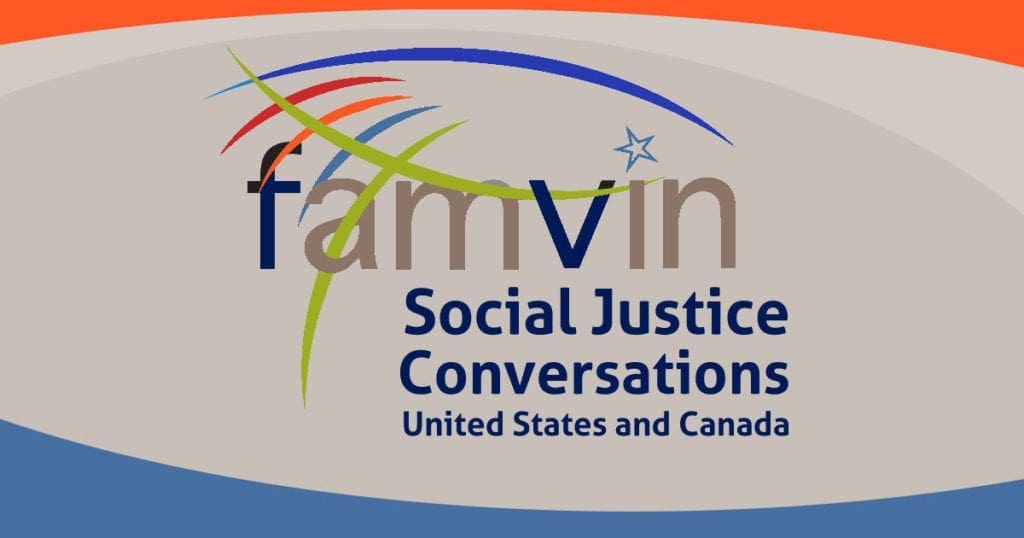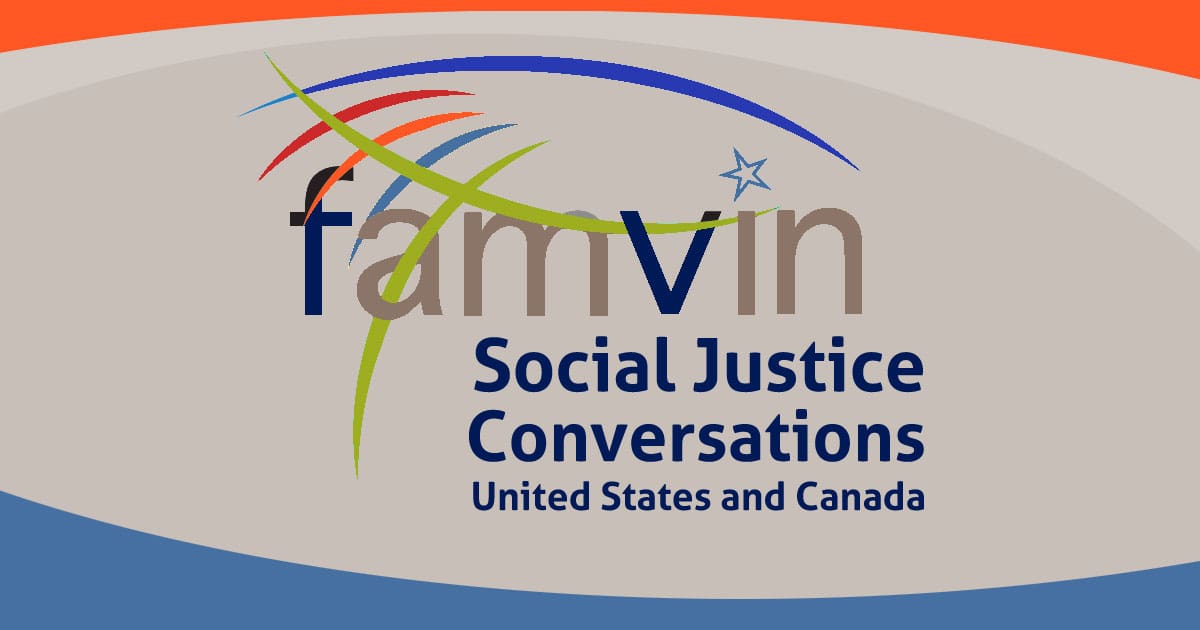The Most Vulnerable Among the Vulnerable
There are indications that some Native American populations are facing a disproportionate brunt of the COVID-19 epidemic with higher infection and mortality rates than the overall U.S. population. The Navajo have had more people infected with the coronavirus per capita than any state in the country.

Long before COvid-19 hit, American Indian tribal lands already made daily life difficult for these living on reservations.
As the number of COVID-19 cases and deaths raised across the United States, the pandemic was hitting some tribal communities especially hard, underscoring existing health disparities, crowded housing conditions and water access issues that health experts fear could facilitate a devastating spread of the virus among Tribes. Many native Americans live crowded in small homes where social distancing is impossible, and 40 percent of those on the reservation lack running water, according to Kathleen Norton of the Center for American Indian Health at Johns Hopkins University.
Catholic parishes have kept facilities open to the public during certain hours, so that people can access potable water and take it home during the pandemic. The Daughters of Charity in Tuba City, Arizona, also supported by Catholic Extension for 20 years in the area, have been involved in food distribution to the hungry, and funding the electricity bills of the poor, Catholic Extension said. By Rhina Guidos Catholic News Service
Tribal nations around the United States are facing their most severe crisis in decades as they grapple simultaneously with some of the deadliest coronavirus outbreaks in rural America and the economic devastation caused by the protracted shutdown of nearly 500 tribally owned casinos.
Hospitals on the reservation have been overwhelmed, so some patients who have covid-19 but are not in critical condition have been moved to overflow quarantine facilities in high school gyms, and many are sent to Flagstaff, Ariz., or nearby Gallup, N.M., for treatment.
Transportation is not easy in the reservation, we cannot ignore that Hundreds of miles of roads are unpaved, so it can take up to three hours to get a sick person to help. Cellphone service and Wi-Fi are limited, so it is difficult to keep in touch and to get information about the epidemic.
This is happening right in the middle of the powerful nation in the world. Improving quality of life for the first citizens of this country is a priority and a matter of justice.
- Sign the petition to Congress: COVID-19; Demand that Congress Expedite Substantial Funds and Resources to Tribal Nations







Thanks, Sr. Michelle, for alerting us to this.
Thanks, Sister Michelle!
Thank you, Sr Michelle. I signed the petition and prayed quickly:
“Bishop Francis A. Quinn, you loved the poor, including the Native Americans you worked with in Arizona, please pray for them (see https://www.ncronline.org/news/people/remembering-francis-quinn-bishop-who-spoke-indians; https://www.sacbee.com/entertainment/living/religion/article228675324.html/video-embed).”